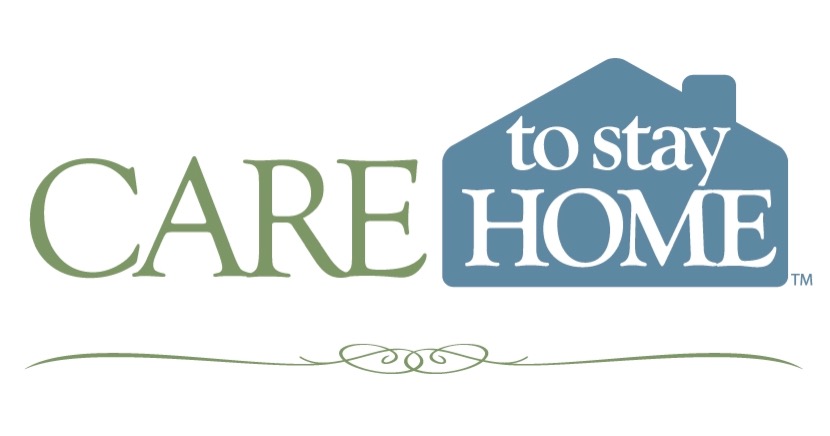30 Jan Mental Health & Aging Adults
Mental health is a vital part of our overall well-being and, for older adults, it is especially important. With age comes an increased risk of mental health issues such as depression, anxiety, and dementia. For this reason, it is important to be aware of potential mental health concerns in older adults and to know how to help them. We will discuss concerns around mental health and older adults.
The Prevalence of Mental Illness in Older Adults
Mental illness is a growing problem among older adults. Research shows that one in five seniors suffer from depression, anxiety, or other mental health issues. Studies also show that the lack of social engagement and companionship among the elderly can be a significant contributor to mental health issues.¹
For many older adults, the normal aging process comes with changes in lifestyle and physical abilities. This can often lead to isolation, which can further contribute to mental health issues. Social isolation can be caused by a lack of physical mobility, cognitive impairments, or decreased access to transportation. This can lead to loneliness and feelings of depression or hopelessness.
In addition, older adults may be dealing with chronic medical conditions such as diabetes, cancer, or heart disease that can lead to depression or anxiety. They may also be experiencing financial difficulties or struggling with the death of a loved one. These issues can further complicate the already fragile mental state of many seniors.
It’s important for family members and caregivers to recognize signs of mental illness in an older adult and to seek help for them if needed. If left untreated, mental illness can have a devastating impact on an older adult’s overall quality of life.
The Risks of Not Getting Treatment
For example, an elderly adult who is not receiving treatment for a mental illness may have difficulty with social engagement or companionship. They may also struggle with memory problems, loss of appetite, and difficulty sleeping. All of these issues can lead to further decline in health and well-being.
Left untreated, mental health issues can cause older adults to become isolated, withdrawn, and lonely. This lack of social contact can create a downward spiral of declining mental and physical health. It can also put older adults at risk for falls and other injuries, which can lead to more serious medical conditions. If a person’s mental health is not addressed, it can also make it harder for them to manage chronic medical conditions or adhere to medication schedules. Therefore, it is important to recognize the risks of not getting treatment for mental health issues in older adults.
Signs That an Older Adult May Be Struggling with Their Mental Health
Mental health issues such as depression and anxiety can be difficult to detect in older adults, but it is important to be aware of the signs that an older adult may be struggling. Depression, in particular, can present itself in a variety of ways and often goes unnoticed.
Common signs that an older adult may be struggling with their mental health include:
- Loss of interest in activities that were once enjoyed
- Changes in eating habits, either overeating or loss of appetite
- Sleep problems, such as difficulty falling or staying asleep
- Lack of motivation or energy
- Isolation from friends and family
- Increased irritability or agitation
- Difficulty concentrating or making decisions
- Feelings of worthlessness or hopelessness
- An increase in physical aches and pains
- Substance abuse²
Physical changes associated with aging can also contribute to misdiagnosis. Medical conditions such as dementia can lead to confusion and memory loss, which can make it difficult for doctors to determine the underlying cause. Furthermore, mental illnesses such as depression and anxiety can have similar symptoms to physical conditions, making it even harder to distinguish between the two.
Additionally, changes in social engagement and companionship are often indicative of an underlying mental health issue. If an older adult has stopped engaging in activities they used to enjoy, such as taking part in community events, talking to friends and family, or going out with friends, it could be a sign that they are struggling. It is important to take notice of these changes and provide support to the elderly person.³
Ways to Help the Mental Health of the Older Adult
It is important to know how to help an older adult who is struggling with their mental health. It is vital that they are given the support they need to cope and manage their condition.
Here are some suggestions for how to help an older adult who is struggling with their mental health:
- Show compassion and understanding – Be patient and offer a listening ear. Many older adults may feel embarrassed or ashamed about their mental health issues, so it’s important to be supportive and understanding.
- Talk to them – Encourage them to open up and talk about their thoughts and feelings. This can help them to feel less alone and more understood.
- Engage in social activities – Help them find ways to stay socially connected, such as joining local support groups, taking part in community events, or participating in social activities for seniors.
- Provide companionship – Spending time with an older adult can make them feel less isolated and provide much needed companionship.
- Offer practical assistance – Ask if there is anything you can do to help, such as providing transportation, grocery shopping, or running errands.
- Encourage activity – Join them in activities such as taking a walk or getting out in nature.
- Help them access resources – If they need additional help, look into local mental health services or contact your doctor or local community health center.
By offering support, compassion, and companionship, you can help an older adult who is struggling with their mental health. Remember that professional help is available if needed.
Spokane Care to Stay Home Offers the Companionship Your Loved One Needs
Social isolation is a growing problem for the elderly population. A lack of social engagement can cause feelings of loneliness, which can have serious implications on mental health.
The trained staff at Spokane Care to Stay Home provides not only physical support and assistance to seniors, but also mental and emotional care that your loved one needs to stay healthy and happy. Learn more about how the companionship of our personal care aides can help improve the mental and physical health of the senior in your life.
Sources:


